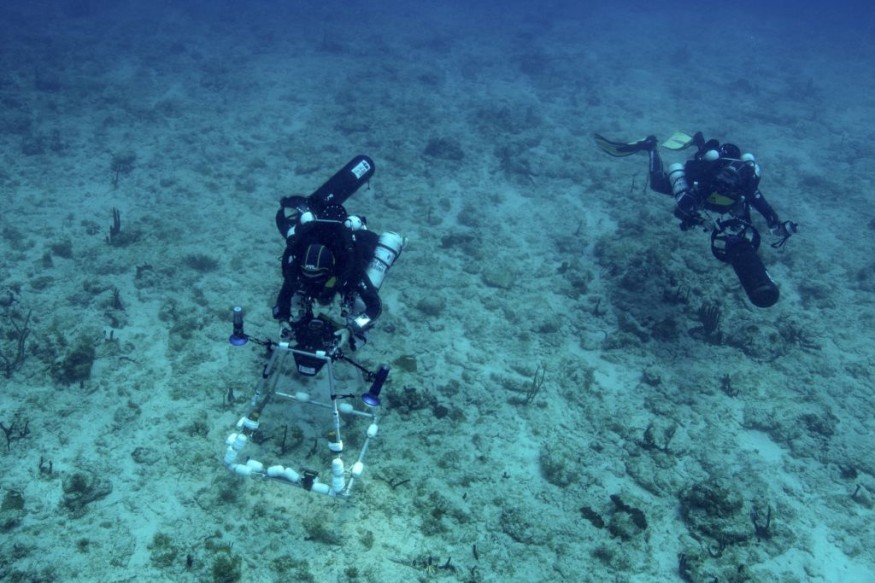Climate change could contribute to releasing frozen methane from the oceans. Methane emissions have devastating effects on the planet.
Mitigating climate change is essential because of its alarming impacts on the planet. The rapid greenhouse gas emissions can intensify the effects of climate change, worsening extreme weather events and ocean warming.
As a result, monitoring is crucial to find new insights in fighting climate change.
In the new report, researchers raised concerns about the impact of the release of methane from deep oceans.
According to UNEP, methane emissions have unprecedented effects on climate change. The hazardous pollution can lead to health impacts. Being a powerful greenhouse, it leads to rapid warming. Reduction of methane is a win for the environment.
Climate Change Contributes to Methane Release Due To Warming

Under the deep ocean, frozen methane is stored. International Researchers discovered that climate change could help release the harmful methane due to melting.
Methane contributes to about 16% of greenhouse gas emissions.
The research findings were published in the Nature Geoscience journal. The report employed three-dimensional (3D) seismic imagery to provide new insights into the potential methane release. The 3D observed the Mauritanian passive margin.
The researchers found that methane moved at least 40 km below which was likely due to the warmer Quaternary interglacials. Climate change could contribute to methane hydrate dissociation
While the researchers observed a small portion of methane hydrates, the rapid release can contribute more to global warming. The increasing warming of the planet can make stored methane vulnerable to melting.
Also Read : 49% People in Regional Areas in Australia Feel Impacts of Severe Climate Conditions, New Report Shows
Global Extreme Weather Events And Climate Change
Experts warned of the devastating aftermath of global extreme weather events:
- Drought
- Wildfires
- Storms, Hurricanes
- Heatwaves
Climate change helps to intensify extreme weather events, making communities vulnerable to drought and flooding. It has an alarming impact on countries and wildlife.
Drought can worsen and become more prolonged, impacting food and water security. It has a significant blow on the economy and people's livelihood. Climate change causes less rainfall that can kill crops and animals.
In addition, raging wildfires are possible due to dry vegetation and extreme heat.
On the other hand, intensifying hurricanes can storms can bring more rain and flooding. Poorer communities without effective forecasting systems are more vulnerable to risks.
The frequent extreme weather will become more devastating, with people having little time to prepare and develop mitigation efforts.
Related Article : Half of Breeding Seabirds in Ireland, UK Declined Over Past 20 Years Due to Climate Change, Habitat Loss
For more similar stories, don't forget to follow Nature World News.
© 2025 NatureWorldNews.com All rights reserved. Do not reproduce without permission.





